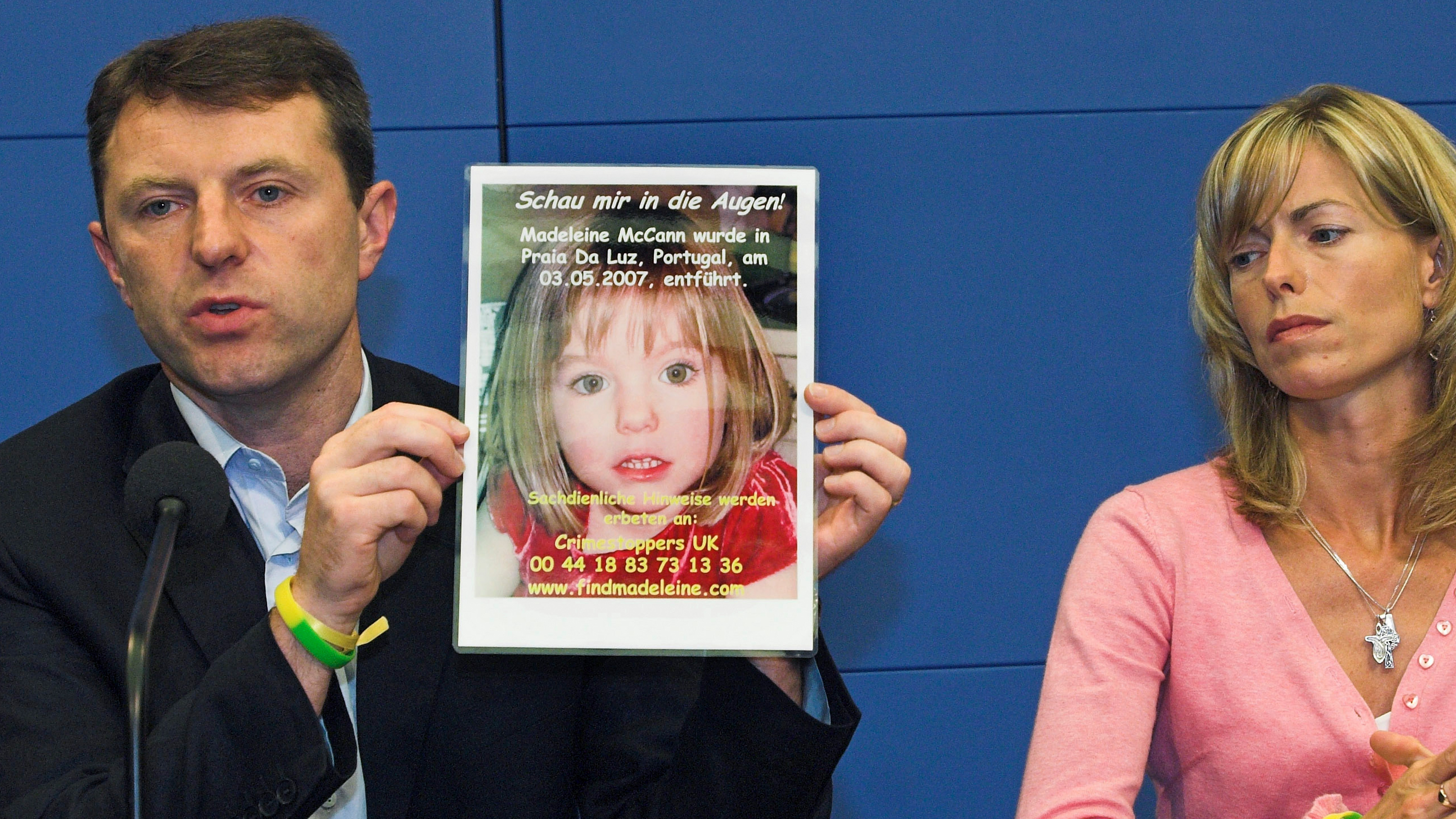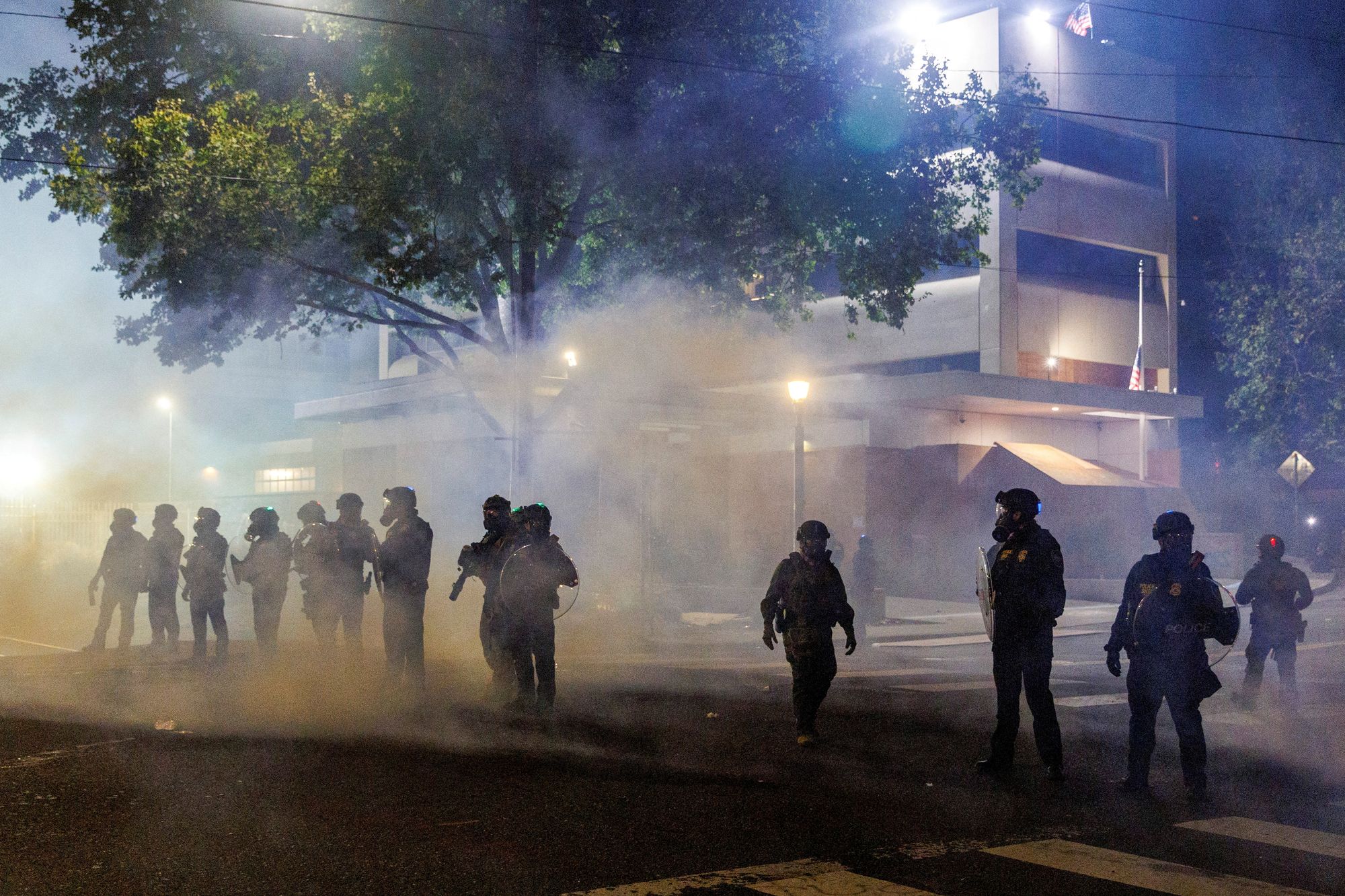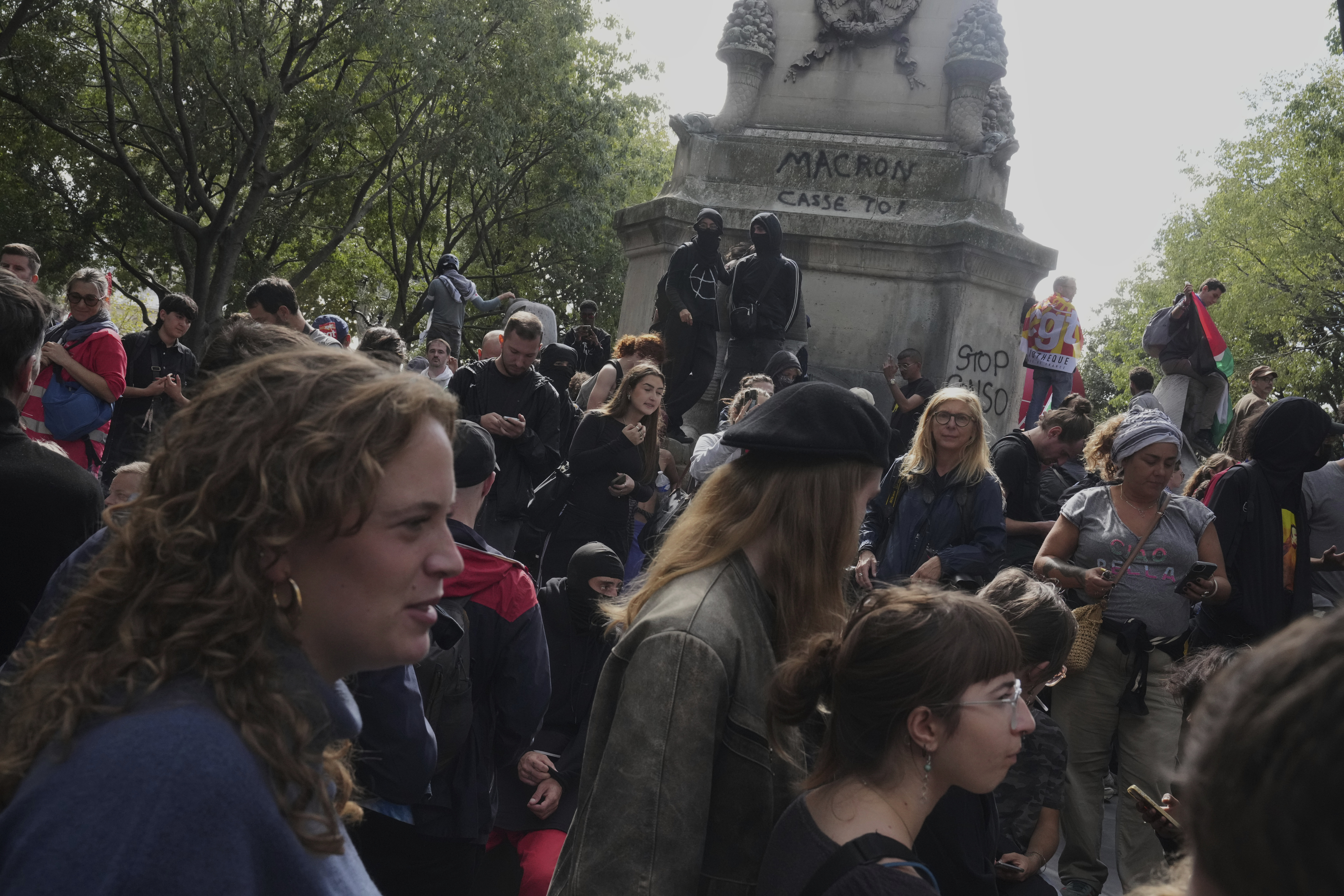One of the main suspects in the 2007 vanishing of British child Madeleine McCann has been freed from a German jail after completing a sentence for a crime not connected to the prominent case. This situation brings up inquiries about the active investigations and the legal intricacies involving one of the most extensively covered missing persons cases in recent times.
Madeleine McCann vanished while on a family holiday in Portugal, sparking a global search and media attention that has endured for over 16 years. The case has involved multiple countries, law enforcement agencies, and a wide array of theories and leads. Despite numerous investigations and public appeals, her disappearance remains unresolved, leaving the world and her family searching for answers.
The launch and its consequences
The suspect, who had been serving a sentence in Germany for crimes unrelated to Madeleine McCann’s disappearance, was recently freed following the completion of the judicial term. Authorities have clarified that the release was procedural and not connected to any change in the investigation of the missing girl. Nevertheless, the timing of the release has attracted considerable media scrutiny and reignited public interest in the case.
Legal experts note that the separation of cases is critical in understanding the situation. The suspect’s previous conviction was handled independently of the McCann investigation, and the German judicial system operates under strict guidelines regarding sentence completion and prisoner release. While this may be a routine process legally, the high-profile nature of the Madeleine McCann case amplifies the public response and leads to renewed speculation about potential future actions by authorities.
Authorities in Portugal and the United Kingdom are still following up on leads, reviewing evidence collected throughout the years and working with German authorities when necessary. Interpol and additional global law enforcement bodies stay involved, aiding cross-national investigative initiatives. The challenge of navigating several legal systems, along with the time that has passed, makes the situation both complex and delicate, especially with the worldwide focus on this case.
Ongoing investigations and public interest
The case of Madeleine McCann’s disappearance continues to be one of the most well-known missing persons incidents in recent history. Public attention and media coverage have lingered due to the enigmatic factors of her vanishing, the participation of her family in advocacy efforts and public pleas, and the hurdles encountered by law enforcement in following international leads. Every update, such as the release of a suspect from a separate case, is scrutinized for its possible impact, even if it is not legally linked.
Researchers have stressed that the investigation is still ongoing and dynamic. Progress in forensic techniques, such as DNA examination, retrieval of digital information, and international cooperation in intelligence, offer optimism that new evidence might surface. Units dedicated to unresolved cases frequently examine clues years after the original inquiries, utilizing recent strategies to discover links that were not visible before. The investigators’ commitment is mirrored by the unwavering resolve of Madeleine’s family, who persistently seek answers and resolution.
The global media plays a dual role, keeping the case in public consciousness while also navigating the legal sensitivities of ongoing investigations. Responsible reporting ensures that speculation does not compromise evidence or legal proceedings, although public curiosity and social media commentary frequently challenge these boundaries. The release of a suspect, even in an unrelated matter, inevitably triggers renewed coverage and discussion about the broader case.
The broader context of high-profile missing persons cases
The McCann case highlights the challenges inherent in high-profile disappearances. International media attention, legal complexities across borders, and the involvement of multiple investigative bodies can both aid and complicate efforts to locate missing individuals. Cross-border coordination requires careful communication, adherence to differing legal frameworks, and sensitivity to the rights of suspects while pursuing leads.
Cases like this also underscore the psychological impact on families, law enforcement, and the public. Extended uncertainty, persistent media attention, and public speculation can affect mental health and the ability of families to grieve or seek closure. Support systems for families, including counseling, legal guidance, and advocacy organizations, play a critical role in navigating these prolonged and complex circumstances.
The ongoing interest in Madeleine McCann’s disappearance has influenced investigative approaches globally, highlighting the importance of technology, international cooperation, and public engagement in resolving missing persons cases. Lessons learned from high-profile investigations often inform policies, training, and response strategies in subsequent cases, shaping the broader landscape of law enforcement and victim support.
A questionable outlook for the McCann family
While the suspect’s release may seem significant in media reports, authorities maintain that it does not alter the status of the ongoing investigation. Investigators continue to analyze evidence, follow leads, and coordinate with international partners in the hope of finding definitive answers. The complexity of the case, spanning multiple countries and involving decades of data, requires sustained effort, meticulous attention to detail, and a careful balance of legal procedures and investigative priorities.
For the public, the case serves as a reminder of the enduring mystery and the ongoing search for justice. Advocacy, awareness, and careful reporting continue to play crucial roles in maintaining focus on the unresolved disappearance. Meanwhile, legal systems must navigate procedural norms while responding to heightened scrutiny from a global audience, ensuring that justice and due process are upheld in parallel.
The freedom of the suspect emphasizes the difficulties of prominent investigations and the interaction between separate legal cases and current criminal probes. It underlines the necessity for effective dialogue among authorities, the media, and the community, ensuring that new information is comprehended within its context. While officials persist in their investigation, the promise to reveal the truth stays firm, showcasing the perseverance and resolve that have defined this case since Madeleine McCann’s disappearance.




